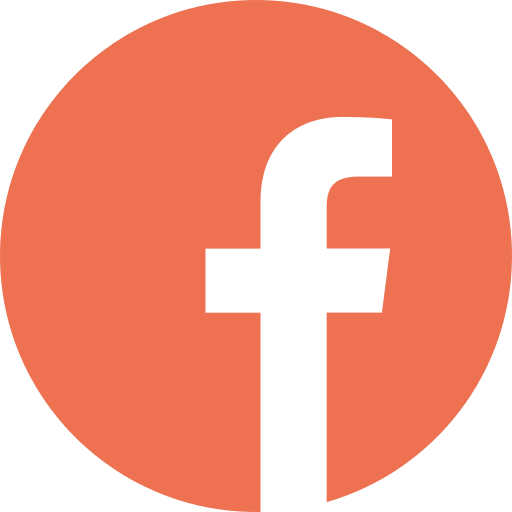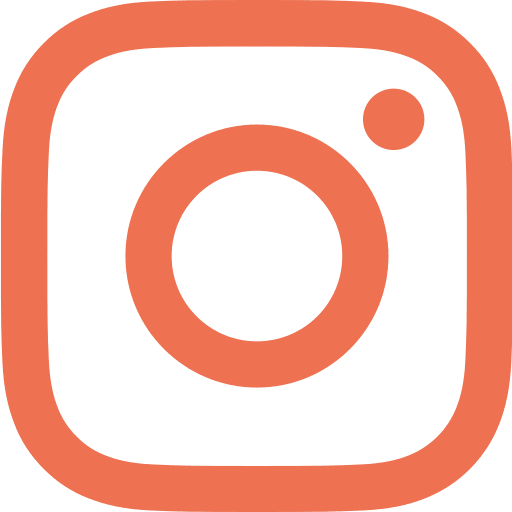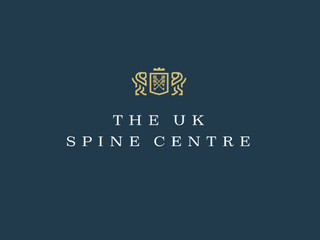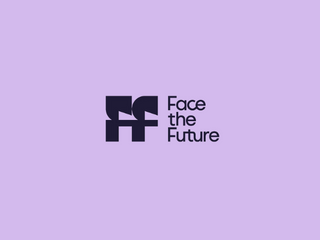We’re a month into 2020. The New Year’s resolutions have gone out of the window, and at Green Ginger Digital we’re busy thinking about the year ahead and how digital marketing will evolve.
What will happen with digital marketing budgets? Will Organic Search continue to be turbulent? What social media apps will become popular?
Read on to find out our top 5 predictions for digital marketing this year.
1. Digital marketing budgets will continue to evolve
In 2019 we saw more clients than ever moving traditional offline budgets to online. Retailers are on a quest for more targeted and measurable campaigns. TV spending declined and marketers invested more in Video On Demand, Display Programmatic and Paid Social.
With the rise of new social channels such as Tiktok, the lines between social and eCommerce have become blurred. Social media will take an upward turn in 2020. Opportunities will be there for those businesses who look at niche social channels and move quickly. Gaining competitive advantage and reducing marketing costs as a result.
2. Organic search maintains its battlefield status
Core updates affected Google rankings throughout 2019. The BERT update came into play during October 2019, shaking up the rankings. We experienced three core updates in total and many smaller algorithm changes. All leading to ranking volatility on Google, and some big players noting drops in performance.
When we weren’t riding the waves of the algorithm updates, we were optimising content for the coveted position 0. Trying to maintain share across featured snippets within a search engines results page. This has become more difficult as Google continues to take up more real estate with its own features. Google is surfacing pieces of content within the search engine and reducing the need to visit the website.
It shows no signs of slowing and to win at SEO during 2020, a strategy which continues to focus on the end-user is essential. A customer-first strategy for SEO which focuses on; who your audience is, the content they consume and how they navigate around your site is essential. Offering them the best content and user experience will continue to put you in good stead for Google’s algorithm updates with more ranking volatility expected throughout 2020.
3. Google will continue to favour paid advertising
Adding to the organic search battle is Google’s continuous introduction of different formats within search. Have you ever noticed how often Google changes?
We will also continue to see Google offering more diversity to search results pages. Meaning more opportunities for Google to drive clicks. A 2019 Merkle study found Google was delivering less organic clicks vs. 2018, down by 8% in total, with the biggest drop seen through mobile devices.
Maintaining position 1 isn’t enough for YOY growth in natural search. Optimise for all features and think about the spread of keywords, rather than focusing on 5 – 10 core terms only.
4. In-housing continues to challenge the digital status quo
In-housing happens for several reasons; financial or to gain increased visibility and greater control. Whilst some businesses in-housed their digital activity in 2019 opting to use agencies for technical functionality only. Others have in-housed small areas where they have current expertise that can support delivery to a high standard.
Recruitment for in-housing continues to be a challenge, but using an agency isn’t always the answer. Digital agencies are changing their propositions to ensure they remain relevant. Offering technology software as a service (SAAS) or training to up-skill and empower in-house teams.
To in-house successfully during 2020, brands and business must assess their skills and analyse any gaps in expertise. Undertaking an honest appraisal of the knowledge within your business will help you to identify which areas can be in-housed. Don’t be afraid to use agency support on an ad-hoc or project basis. Using the right people with the right skills and expertise at the right time. Whether that be outsourced or within your business, is the key to successful in-housing during 2020.
5. Efficiencies will be gained through improved personalisation
It’s no surprise, with increased competition and higher demand, digital marketing can be expensive. However, it remains essential. With average conversion rates for a transactional or lead-based site sitting around 2% – 3%, depending on the industry. If you’re responsible for driving online performance you need to focus on how to use audience data to make every penny of the budget count.
Ensuring advertising is personalised, and using unique messaging for each audience is important. It also allows you to reduce wasted media spend. Following this through to your website, with unique content or product recommendations for individual users will help to drive the conversion rate.
Wherever you are in your digital journey, Green Ginger can help you navigate 2020. Let’s grab a coffee and chat about your free digital health check.














